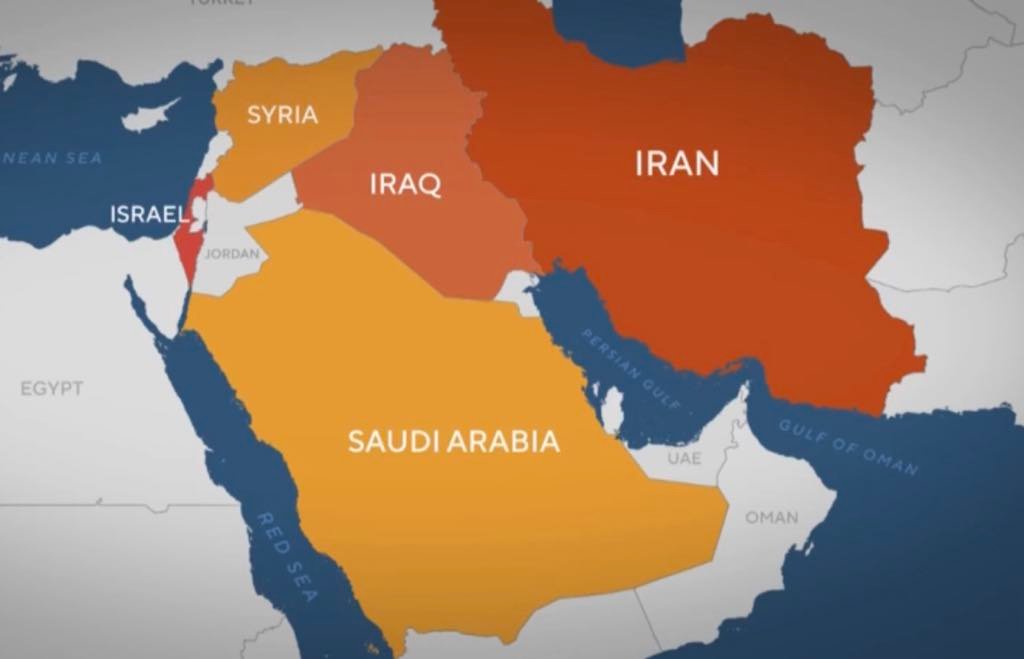By April Rodgers, Content Coordinator | FreeWire—Your News, Your Voice

In the early morning hours Friday, Israel carried out a targeted military strike inside Iranian territory. While official details remain scarce, the operation is believed to have focused on strategic locations tied to Iran’s defense and nuclear infrastructure.
What’s known is this: the United States was not involved
American officials confirmed the strike took place, but emphasized that U.S. forces did not assist or participate in the planning or execution. Still, the operation has triggered regional alarm bells—and Washington isn’t taking chances.
In anticipation of Iranian retaliation, the U.S. has authorized the departure of non-essential government personnel and military families from several locations across the Middle East. Security has been tightened at American outposts in Iraq and surrounding countries, as intelligence reports suggest potential threats to U.S. personnel and facilities.
Back in Israel, the government is treating the aftermath as an active security situation. Civil defense alerts have been issued, schools and public venues in some areas have been temporarily closed, and emergency response systems remain on high alert.
Iranian officials have not yet confirmed the scale of damage or loss, but early state media commentary framed the attack as “a reckless act of aggression.” Military analysts believe Iran may choose a delayed or proxy-based retaliation—funneling weapons or funding into militant groups across the region instead of a direct military confrontation.
The geopolitical stakes are high. With global markets already jittery and oil prices climbing, a miscalculation by any party could spark a wider regional crisis.
For now, all eyes are on Tehran—and on the skies above.

















